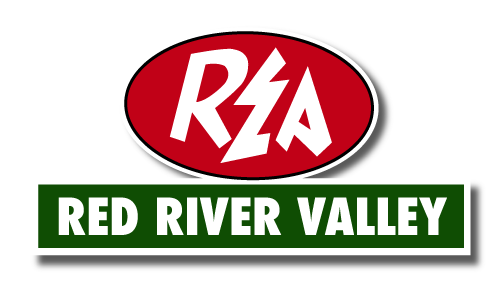Capital Credits
What We Do with the Excess
Red River Valley Rural Electric Association is organized as a not-for-profit, member-owned electric cooperative. Any monies available to the cooperative in excess of operating costs and expenses are defined by the organization’s bylaws as Capital Credits. The bylaws provide that all amounts paid for electric service by members in excess of costs are to be used as capital for the corporation.
The amount of credit allocated to each member’s capital account depends on his/her yearly patronage and the cooperative’s total annual margins. Article VII of the Bylaws more fully explains the Capital Credit processes of assignment and retirement, noting that the retirement (payment) of capital credits is dependent upon the financial condition of the Cooperative at the end of any fiscal year. Subsequently, the Cooperative's current and former Boards of Trustees have approved the payment of all capital credits for 2005 & 2006 and the partial payment of years 2007 through 2023.
At the bottom of the page, members can find a PDF of unclaimed Capital Credits for 2023.
If you have any questions or need any assistance viewing/reading the document, please contact our offices at 580-276-3364.

